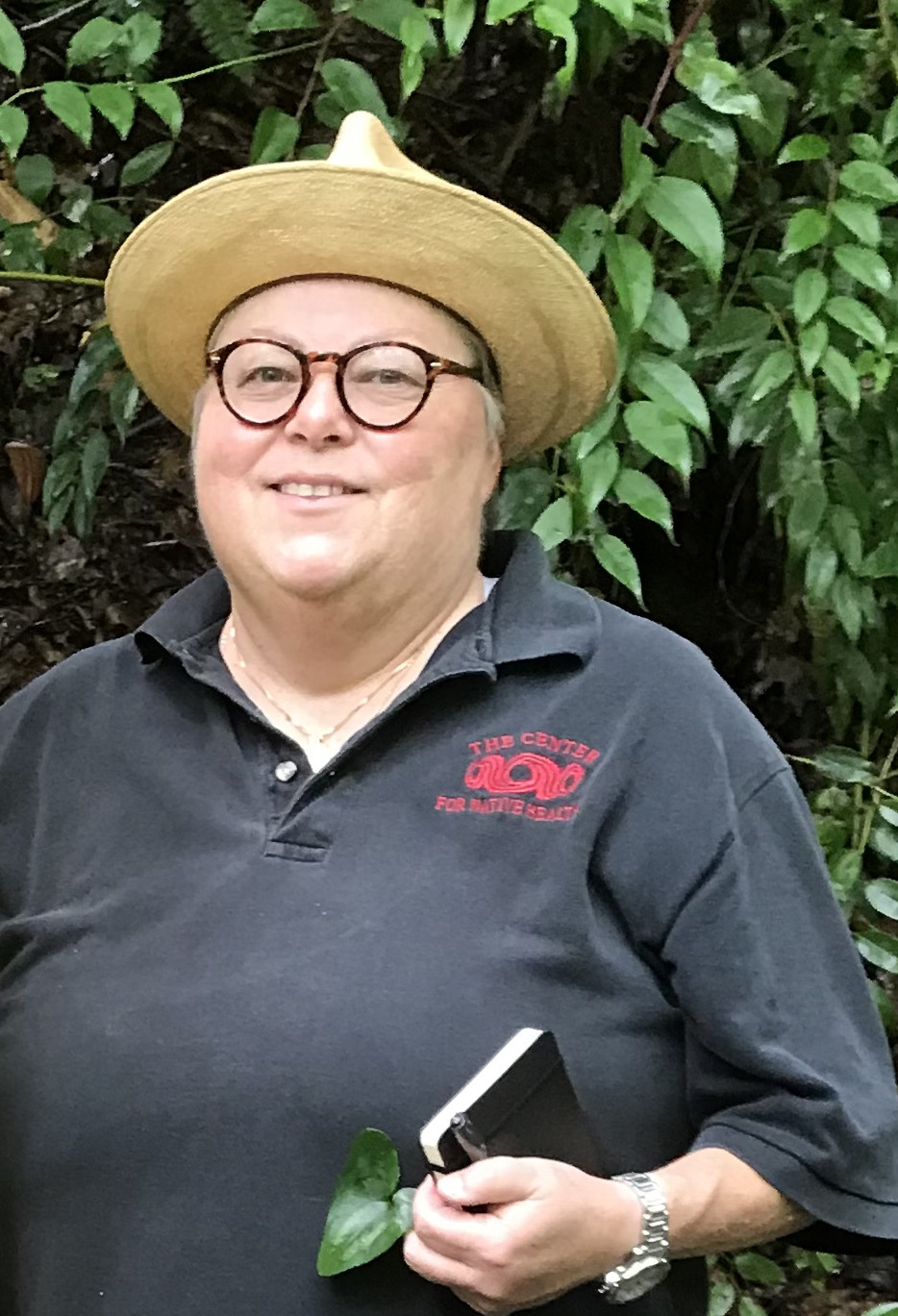Lisa Lefler, Western Carolina University’s director of culturally based native health programs, tells Xpress that physical health is intrinsically tied to nature, spirit and relationships with others and ourselves.
What are some techniques you use for maintaining your mental health?
Mind and body are connected, just as we are connected to everything around us. I’m reminded by my Kituwah or Cherokee friends who say that tohi, or health, is the ability to walk upright and forward and see with our eyes and hear with our ears what is going on around us. We can appreciate our health by always looking outward toward others and their needs. They remind me that tohi comes from being grateful and thinking outward, not inward.
Another Kituwah concept is duyuk’ dv’ I, which is the right way or path, one that reflects balance in all our relationships — with others, with the natural world, with the spirit world and with ourselves. Behaving in a way that is of a human being is living to serve, laugh and enjoy life with gratitude which brings peace of mind and heart. I don’t think these are far from my Appalachian ways of being and knowing as well. Place can be important in healing and in allowing us to be whole.
What is your favorite way to approach your own physical health?
I, like many, work daily to keep check on blood pressure, blood sugar levels, weight and other aspects of physical health. It isn’t easy, and the older we get, we are reminded of our mortality as old athletic injuries or years of hard manual labor are reflected in movement limited by pain or discomfort. So, the way I prefer to address some of these issues is to get outside and let my body and mind be comforted by a walk along the river or through the mountain forests. The beauty of nature is therapeutic and allows for healing in many ways.
What is one book, podcast, documentary or article related to mental or physical health that you’d recommend, and why?
One of my favorite texts, and one I use in some of my classes, is by my good friend Eduardo Duran — Healing The Soul Wound: Counseling With American Indians And Other Native Peoples. Eduardo has worked with Indigenous populations most of his life and has learned through his experiences to value their understanding of becoming whole. I also have learned from my Native friends and colleagues about how trauma impacts us mentally, physically and spiritually, even transferring from one generation to another if not addressed. The new interdisciplinary movement of epigenetics verifies how biology and history/environment intersects in our bodies and can manifest in chronic disease and/or mental health issues.
Editor’s note: “Health checkup,” is part of our 2022 Wellness issues. These short Q&As feature local residents offering insights about their individual approaches to maintaining their physical and mental health. Hopefully, the wide range of perspectives provide readers with ideas and tips for their own well-being. Be on the lookout for more online and in next week’s Wellness Issue, Part 2.




Before you comment
The comments section is here to provide a platform for civil dialogue on the issues we face together as a local community. Xpress is committed to offering this platform for all voices, but when the tone of the discussion gets nasty or strays off topic, we believe many people choose not to participate. Xpress editors are determined to moderate comments to ensure a constructive interchange is maintained. All comments judged not to be in keeping with the spirit of civil discourse will be removed and repeat violators will be banned. See here for our terms of service. Thank you for being part of this effort to promote respectful discussion.